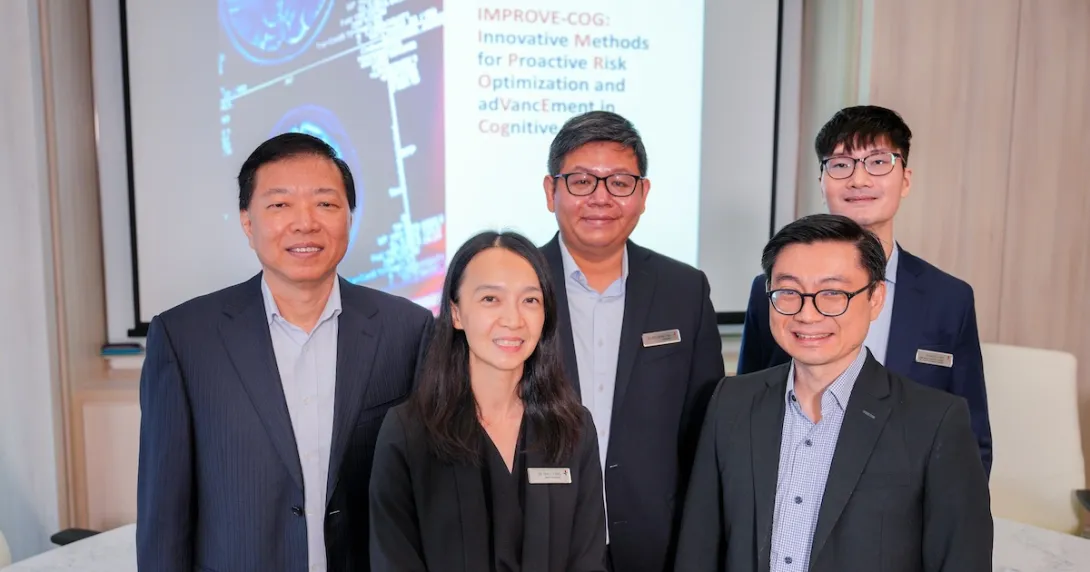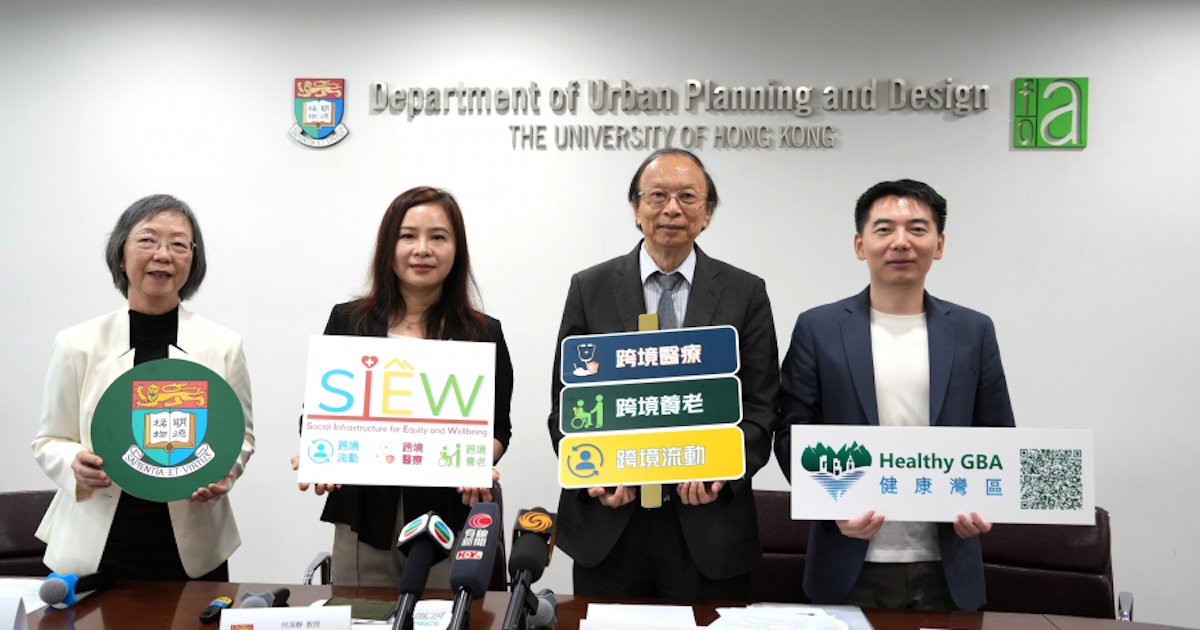
Clinicians can improve early identification of dementia for patients through a new initiative by researchers at the National University Health System (NUHS) in Singapore.
The AI-powered project, called Innovative Methods for Proactive Risk Optimisation and Advancement in Cognitive Health (IMPROVE-COG), aims to depart from reactive, centralised diagnostic processes toward a model of decentralised support for individuals who are suspected of having dementia.
HOW IT WORKS
IMPROVE-COG leverages a large language model that is trained on anonymous clinical data to identify early signs of mild cognitive impairment (MCI) or dementia, and a patient-facing app called the Brain Care Tool.
The Brain Care Tool app has two components:
- Brain Care Score: A metric for tracking brain health across 12 modifiable risk factors, including physical, lifestyle, and social-emotional domains.
- Brain Care Coach: An AI-powered behavioural tool that provides automated nudges and progress-tracking of brain-protective habits.
The NUHS research team will collaborate with community partners, including the Health District @ Queenstown, St Luke’s Hospital, and Yong En Care Centre, to pilot and develop the AI coach.
The research team also includes investigators from Singapore's National Healthcare Group to scale the AI and digital tools to more hospitals in Singapore when ready.
WHY IT MATTERS
According to co-principal investigator Dr Benjamin Tan, a consultant in the neurology division at National University Hospital, early signs of dementia in patients can be frequently overlooked.
He also noted that patient data relevant to cognitive decline can also be fragmented across different healthcare encounters. "For example, a patient admitted for pneumonia may have been showing signs of cognitive decline that are flagged in social workers’ and therapists’ reports but not formally assessed."
To prevent early signs of dementia from being missed, IMPROVE-COG's surveillance and screening tool analyses patients' clinical records to identify individuals at risk for MCI and dementia.
"This project leverages the robust NUHS data infrastructure ecosystem that allows anonymised patient data visualisation, enabling earlier detection and identification," said Dr Andrew Makmur, Group CTO at NUHS.
THE LARGER TREND
The push for early dementia detection is a key focus in Singapore's healthcare ecosystem, driven by an increase in the nation’s ageing population.
NUHS, in partnership with the National University of Singapore, developed a Quick Dementia Rating Scale that enables community nurses to screen residents outside of a clinical setting.
Additionally, Singapore General Hospital and the Government Technology Agency of Singapore developed a new digital app this year, Pensieve-AI, to digitalise pre-dementia tests – helping to identify early memory problems in elderly individuals in under five minutes.
ON THE RECORD
"Our vision is to empower every individual to take charge of their brain health. Through accessible, personalised tools and actionable insights, we aim to inspire and enable people to actively care for their brains, making brain health a lifelong priority," said Dr Tan Li Feng, a senior consultant in the Division of Geriatric Medicine at Alexandra Hospital and member of the NUHS team involved in the IMPROVE-COG initiative.
